Free UK mainland delivery on orders when you spend £100.00
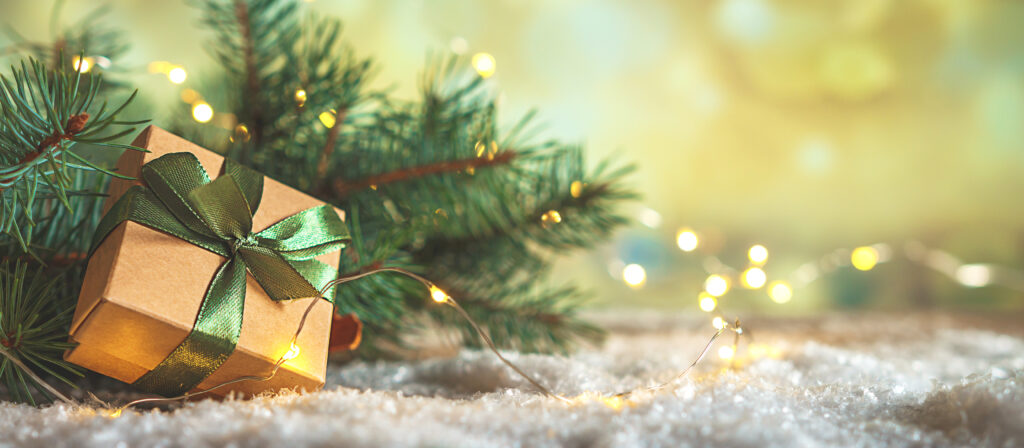
The Christmas countdown has already started for many households as they start to think about preparations for Christmas dinner, buying and wrapping presents and decorating their homes.
Christmas can be a very expensive time of year and lots of people spend far more than they realise. Research shows a common link between mass consumption over the festive period and long lasting environmental damage. On average, we produce an extra 30% more rubbish at this time of year.
With just a few small changes, you can make this Christmas incredibly eco-friendly, more sustainable and reduce your carbon footprint. Whether you are looking for new ideas for this festive season or are completely new to the ‘being green’ way, our handy guide will point you in the right direction. By buying the right products, reducing waste and making environmentally friendly choices this could be your best Christmas yet!
The main feature of our homes at Christmas is of course the Christmas tree, but have you really thought about where it comes from, how it is grown and the impact of disposing of it once it is finished with?
Our advice, well we have several options. The first is buy local and buy British. Look for the FSC logo This keeps the carbon miles down and you know that your tree has been approved and comes from a sustainable forest.
Consider buying a potted tree. If the roots are still intact the tree can be replanted and used again next year and the year after that.
You could rent a real Christmas tree. Have a tree delivered to your door, look after it and decorate it during December, have it collected again in the new year and it will then be replanted ready for the next year.
If you need to dispose of a tree in January, make sure you arrange for it to be recycled properly. Local councils and recycling centres will take them. They can then be shredded and turned into chippings that can be used in other ways.
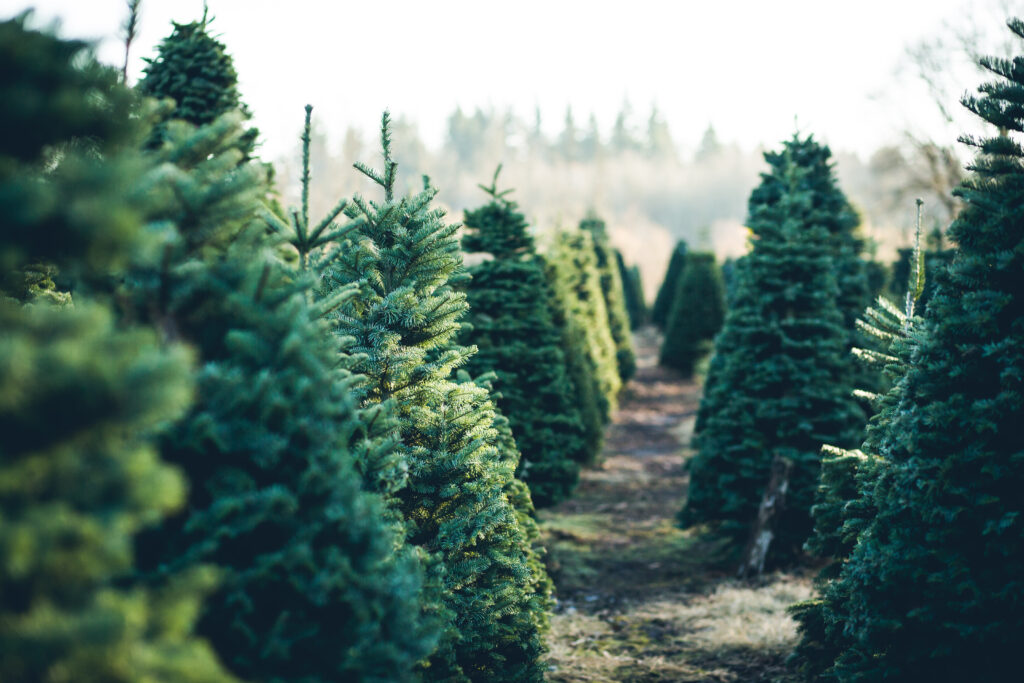
Christmas crackers are an essential Christmas novelty but they offer just a few moments of fun, are usually filled with plastic toys and games that will be discarded soon after they are discovered and contribute greatly to our waste bins. If you are looking for an eco-friendly alternative then you could replace them with reusable crackers or even make your own. However, if you prefer to buy disposable crackers, then we have some completely plastic free options available that are 100% recyclable. They will look stylish on your dinner table and you can rest assured that they will lessen your impact on the environment.
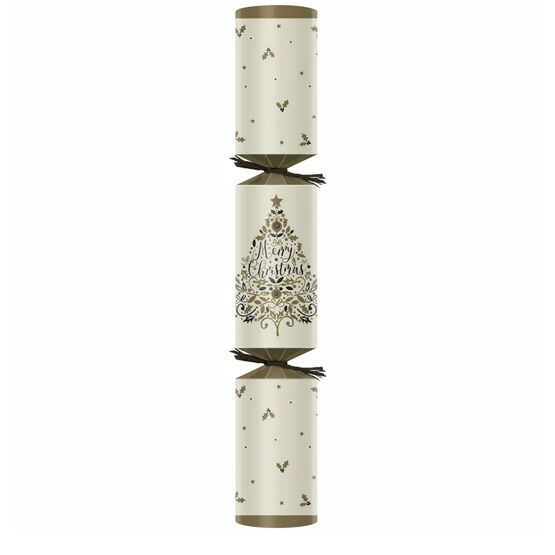
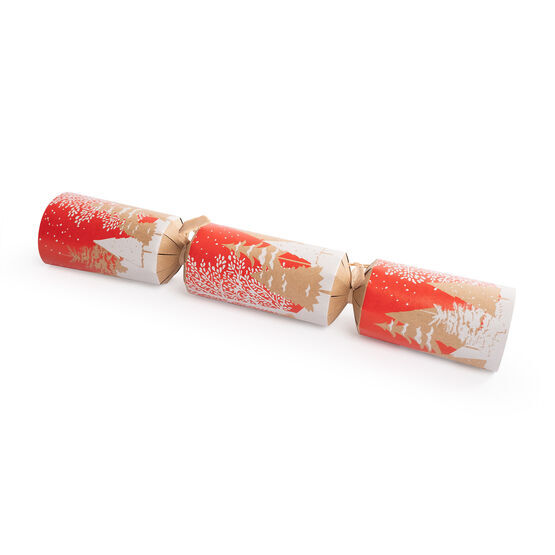
We like to go all out for Christmas dinner, but it is worth considering recycled and environmentally friendly alternatives to napkins, straws and even cutlery. We have a range of napkins available, including some in festive colours and a choice of paper straws that will look great in your festive cocktails or even for the children to use.
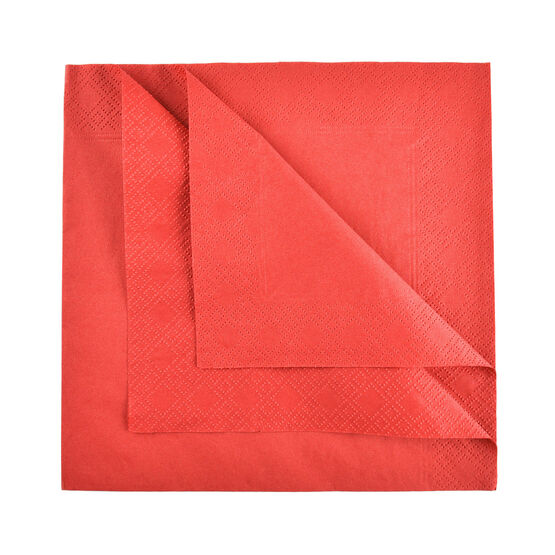
Everyone loves to receive Christmas cards but did you know we throw away over one and a half billion cards every year? Our answer, go digital. Why not send an E-card this year, it offers the same sentiment without the negative environmental impact.
If you do opt for sending physical cards, look for sustainably sourced and produced cards that have the FSC mark. Avoid glitter as it cannot be recycled and buy cards where there is a promise of planting a new tree for every card sold.
You could also try to find an eco-friendly alternative to traditional wrapping paper, again glitter as well as foil and glossy designs make it non recyclable. You could reuse gift bags that you have been hoarding, go for traditional brown paper, paper bags or try something else. Scarfs are quite a good way to wrap presents and the scarf itself becomes an additional part of the gift. It’s best to avoid ribbon or tinsel, you could choose an alternative like twine and maybe introduce some festive foliage to jazz them up.
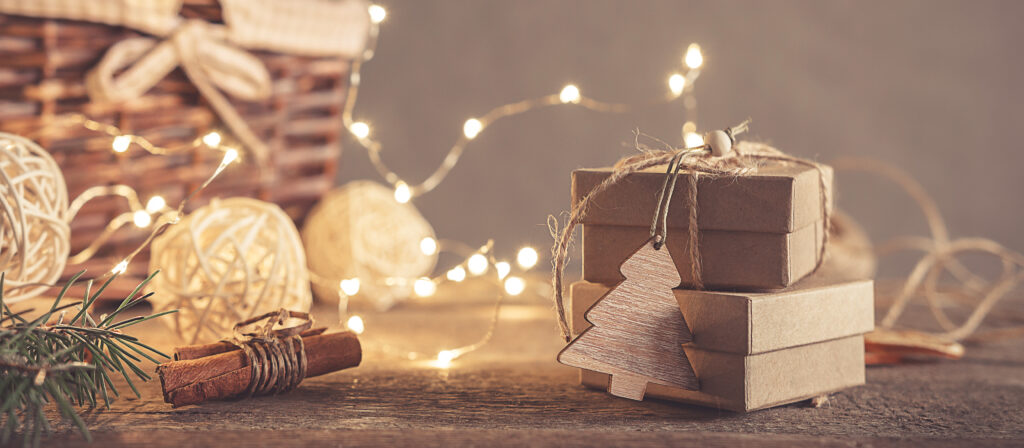
We all love Christmas leftovers, from turkey sandwiches to curries and anything else we can be creative with, but we still tend to over buy and this is wasteful. Statistics show that in the UK, we waste a staggering five million Christmas puddings, two million turkeys and 74 million mince pies every year. Reducing your overall waste is key here and it really starts with buying less. Plan your meals ahead to reduce your food waste and portion and freeze leftovers if you won’t be able to get through them all straight away. If you find that you have bought more than required, consider donating it to a food bank or homeless shelter, where someone in need can really appreciate it.
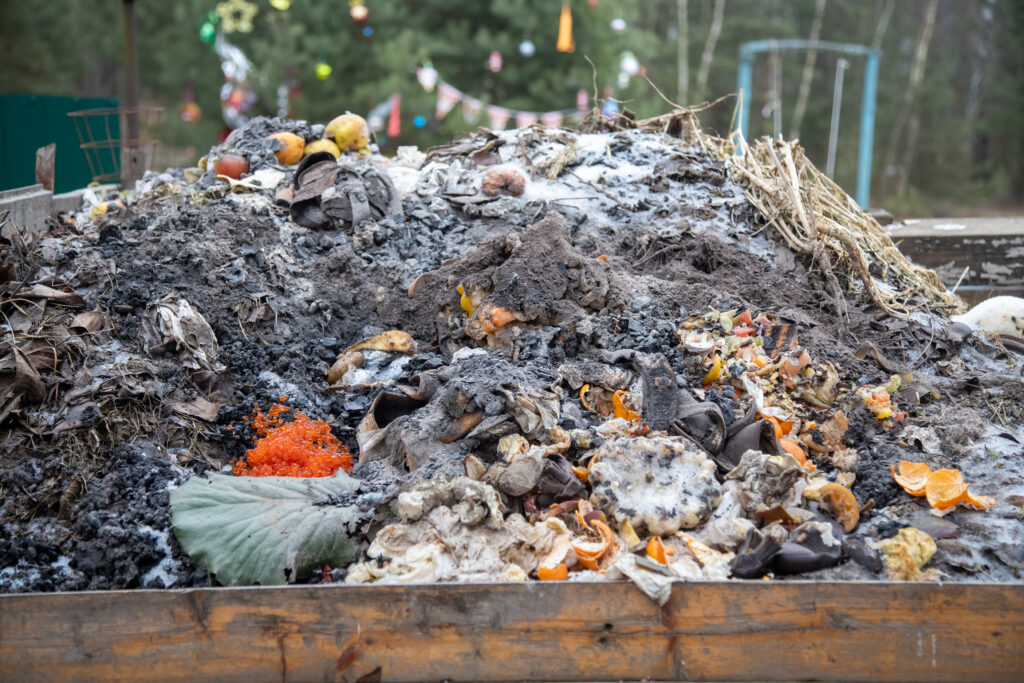
The points discussed here are just the beginning. A bit of careful planning and mindfullness and you will discover many other ways to be eco-friendly this Christmas. Don't keep it to yourself, spread the word and remember that small changes make the world of difference.
Sources:
https://www.telegraph.co.uk/christmas/0/eco-friendly-christmas-tips-how-host-green-wrapping-paper-cards/
https://www.realhomes.com/advice/10-tips-for-an-eco-friendly-christmas
https://www.countryliving.com/uk/homes-interiors/interiors/g25329535/eco-friendly-christmas-ideas-green-christmas/